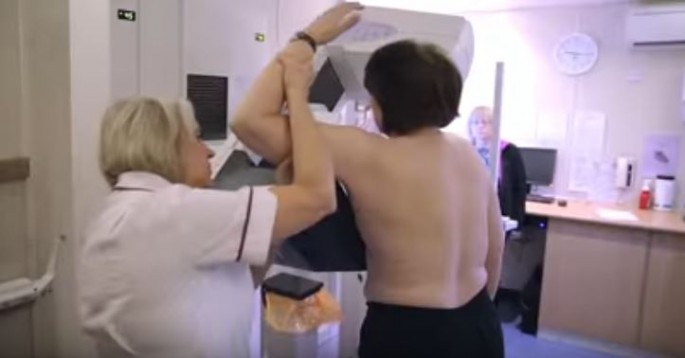Breast cancer and prostate cancer treatment have been highly researched, for it belongs to the top 5 deadliest cancers. The World Health Organization revealed in their latest research that there is approximately 8.2 million cancer-related death worldwide. That is why the medical and scientific world continues to discover new and better ways to fight the dreaded diseases to mitigate its morbidity and mortality rate.
As of the latest report, there has been a significant cancer breakthrough made by researchers based at University College Dublin and St Vincent's Hospital. According to the University College Dublin, a new drug called "APR-246" has been developed specifically for mutated "p53 gene." The said type of gene is found in 80 percent of triple negative breast cancer cases, and such drug may potentially serve as the best alternative to the currently available cancer treatments, like chemotherapy.
"While this will work well for some patients, others may find that their cancer cells don't respond as well as might be hoped to chemo, leading patients suffering the side effects of this treatment without any of the desired outcomes," according to the study led Naoise Synnott of University College Dublin.
Apart from updates on cancer treatment for the breast, there has also been another breakthrough made in the aspect of prostate cancer. Irish Times reported that Ulster University experts discovered a new treatment against the said disease.
This latest scientific breakthrough is of great importance, for the latest approach discovered to fight prostate cancer could effectively prevent tumor growth, spread and patient relapse of cancer cells in the prostate.
"The new research builds upon Ulster University's discovery earlier this year that low oxygen levels in prostate cancer tumors are responsible for triggering genetic changes. Those changes accelerate the growth of new cancer cells and can cause patients to relapse within two years of starting the traditional hormone therapy treatment," Dr McKenna told Irish Times.
Now with all the promising treatment updates against cancer, specifically on breast and prostate cancer, one cannot help but increase their hope for a brighter future. All we need right now is more time to perfect these latest discoveries to help mankind in their battle against the deadly "C."



























